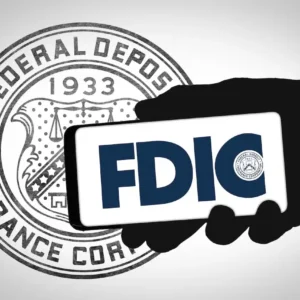Inflation is one of the most talked-about topics in the U.S. economy right now—and for good reason. From grocery store shelves to gas pumps, inflation is affecting everyday Americans in real and painful ways. If you’ve noticed your money doesn’t stretch as far as it used to, you’re not alone.
This article breaks down what inflation is, how it’s impacting American households, and what you can do today to protect your finances.
What Is Inflation, and Why Is It Rising?
Inflation is the general increase in prices over time. When inflation goes up, your purchasing power goes down—meaning your dollar buys less.
Why is it happening?
-
Supply chain disruptions
-
Increased demand after COVID-19
-
Rising labor and energy costs
-
Federal Reserve policy shifts
While the Federal Reserve is working to control inflation by raising interest rates, prices remain high in many sectors.
How Inflation Is Affecting Everyday Americans
Here’s how inflation is affecting everyday Americans across key areas:
-
Food Prices: Grocery bills have risen significantly, especially for basics like meat, dairy, and produce.
-
Gas and Transportation: Fuel costs remain volatile, driving up commuting and travel expenses.
-
Housing Costs: Rent and mortgage rates are rising, making it harder to afford living spaces.
-
Utilities and Services: Electricity, water, internet, and service fees are all more expensive.
-
Healthcare and Insurance: Medical costs and premiums are increasing, adding to monthly expenses.
Even small increases across these areas can take a big bite out of monthly budgets—especially for middle- and low-income families.
What You Can Do to Fight Inflation’s Impact
While you can’t control inflation, you can take steps to reduce its impact on your wallet:
1. Rework Your Budget
Track your spending and prioritize essentials. Cut or pause non-essential subscriptions and dining out.
2. Shop Smarter
Buy in bulk, use cashback and coupons, and switch to store brands. Compare prices across stores and online.
3. Build an Emergency Fund
With rising costs, having savings gives you breathing room. Aim for at least 3–6 months of expenses.
4. Increase Your Income
Consider freelance work, part-time jobs, or side gigs to boost cash flow.
5. Reduce High-Interest Debt
Inflation can push interest rates higher. Pay down credit cards and refinance where possible.
6. Invest for Long-Term Growth
Keep investing in retirement accounts like Roth IRAs or 401(k)s. Over time, investments help outpace inflation.
Final Thoughts – Stay Informed, Stay Prepared
Inflation is more than just an economic term—it’s something that’s affecting everyday Americans in their daily lives. But with careful planning, smart spending, and proactive money management, you can weather the storm.
The key is not to panic—but to adapt. Control what you can, prepare for what’s ahead, and keep your long-term goals in focus.














